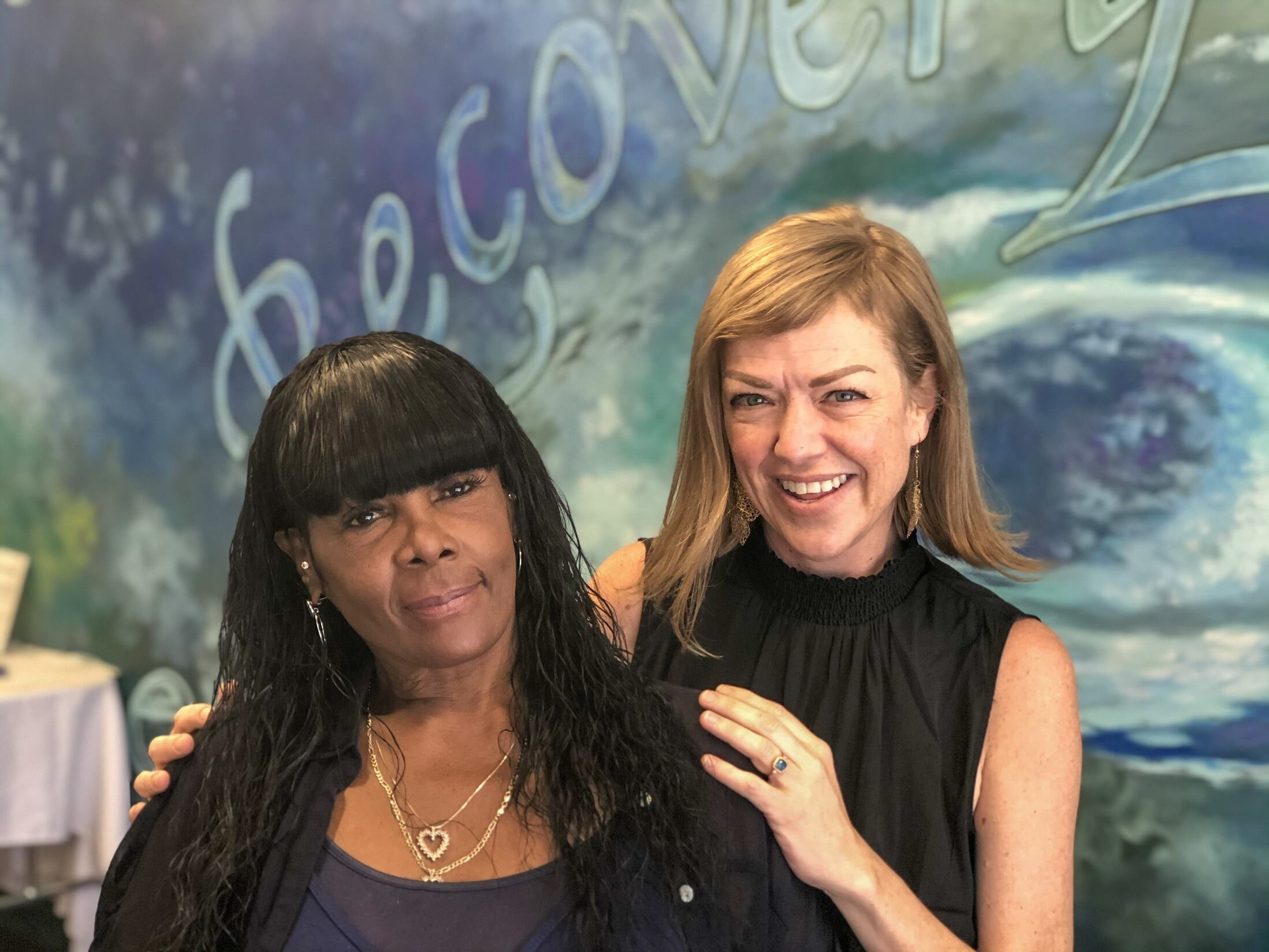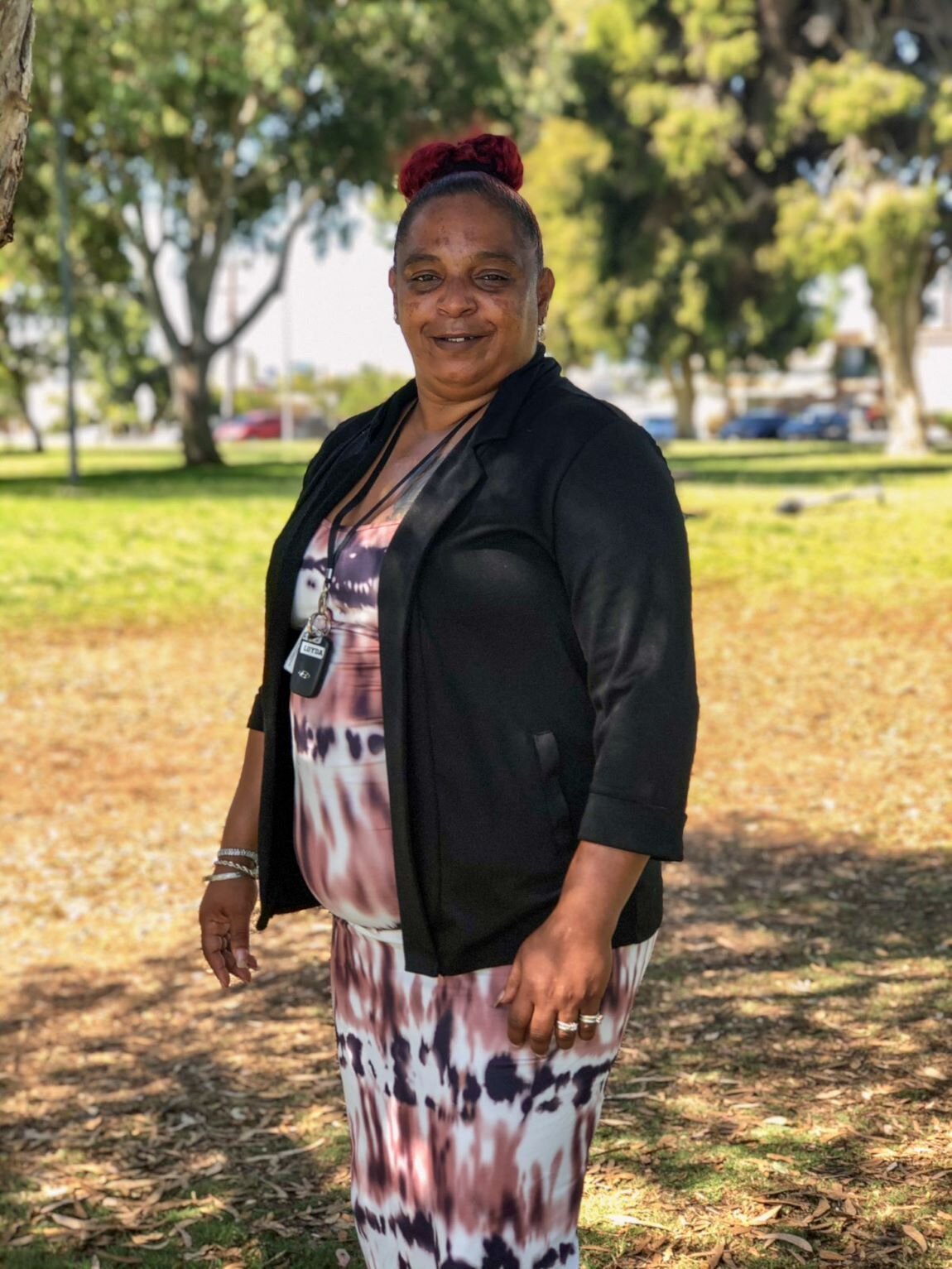Rocket Ewell joins ECS Board. January 2022.
Rockette Ewell
Rockette Ewell is Vice President, Community Affairs Manager at U.S. Bank. A member of the Community Affairs and Engagement team, she leads charitable giving and community reinvestment efforts across three Southern California markets - San Diego, Orange County and the Inland Empire. In addition, she helps identify and develop strategic community partnerships and employee volunteer opportunities that support the bank’s corporate social responsibility priorities as well as drive business results.
Rockette is active in the community, currently serving on boards of the Boys and Girls Clubs of San Diego (executive committee member), the San Diego Museum of Us (executive committee member and secretary) and NeighborWorks Orange County, where she is vice chair. She is a member of San Diego Community College District’s San Diego Promise Development Committee and is U.S. Bank’s representative on the San Diego City-County Reinvestment Task Force. A 2015 graduate of LEAD San Diego’s IMPACT program, she joined the bank in June 2014.
A native Texan, Rockette is a graduate of Princeton University, where she majored in Religion. She and her husband reside in north San Diego County.
Dr. Richard Lee joins ECS Board. January 2022.
The Reverend Dr. Richard Lee
Fr. Richard was born in Leicester, in the heart of the England, and went to University in Bangor, North Wales where he studied Electronic Engineering. He liked Wales so much that he stayed there for a decade! During that time, he got a Ph.D. in Biophysics, deepened his faith and became involved with the Church in Wales and spent two months working with the Mar Thoma Church in Kerala, South India.
After moving to the United States in 2000, he lived in the San Francisco Bay area before moving to San Diego in 2004. Fr. Richard is a bi-vocational priest, which means he has a full-time job working in science at a local biotech company. He trained for ordination at the diocesan School for Ministry, in Ocean Beach and was ordained a deacon at the Cathedral, and a priest at Good Samaritan where he served as Curate. He is married to Antonio, who is a certified nursing assistant.







